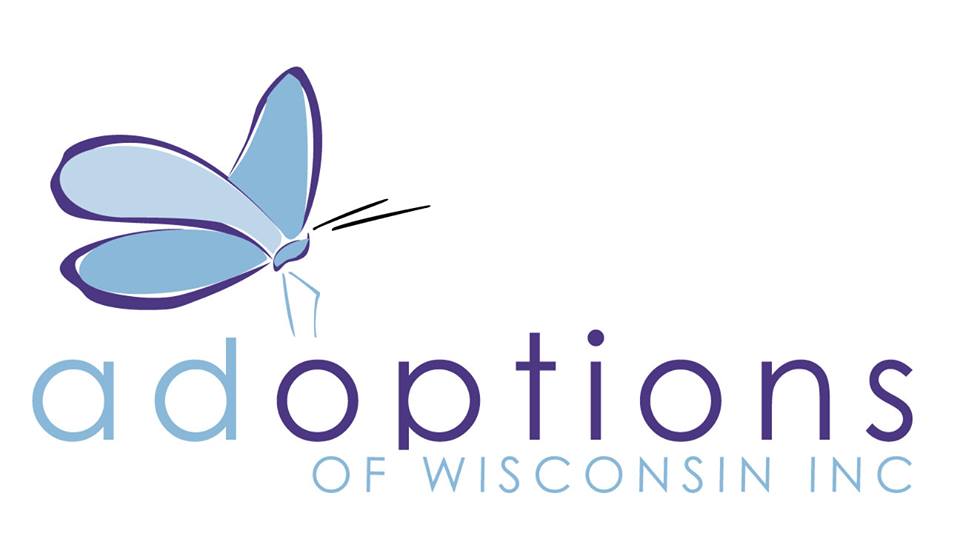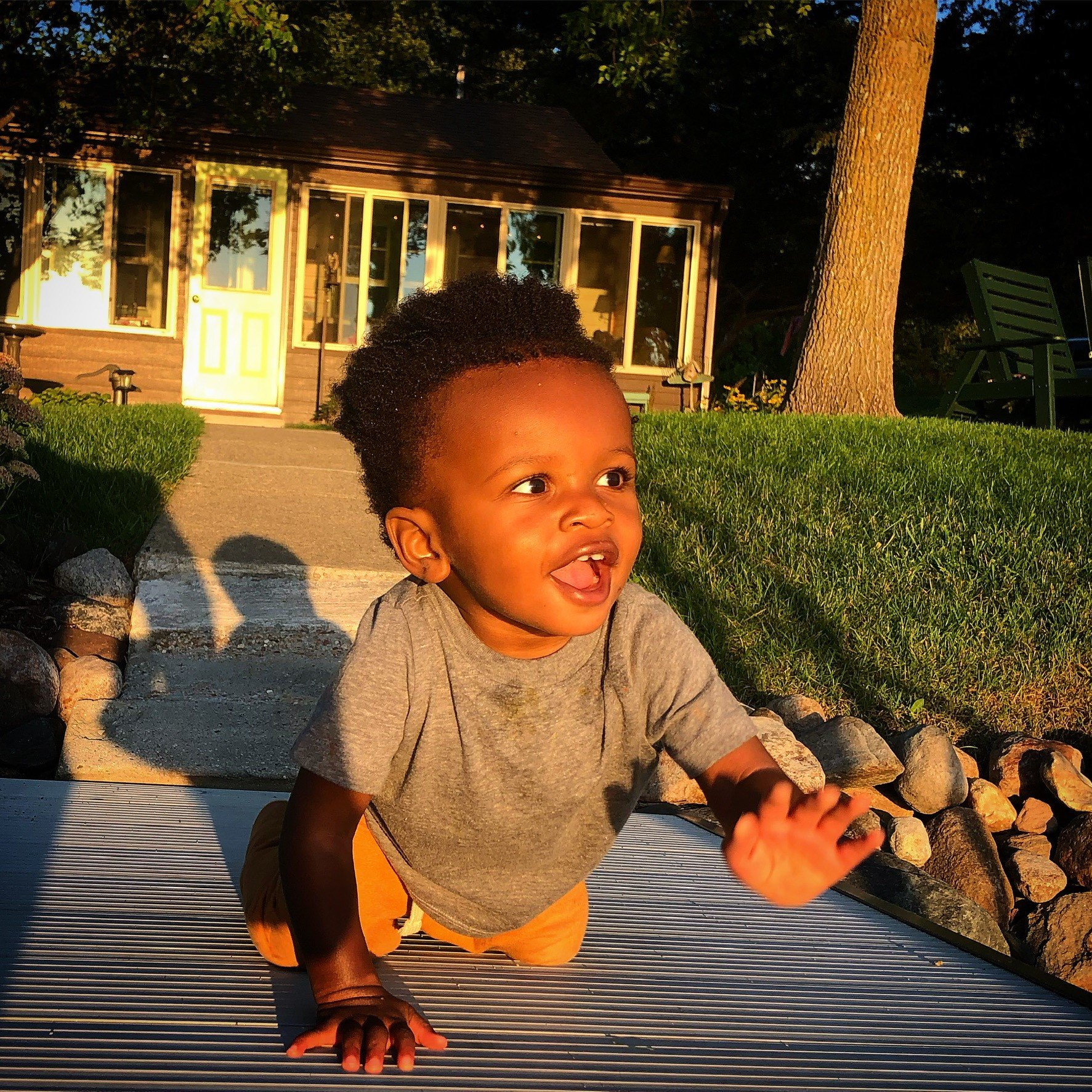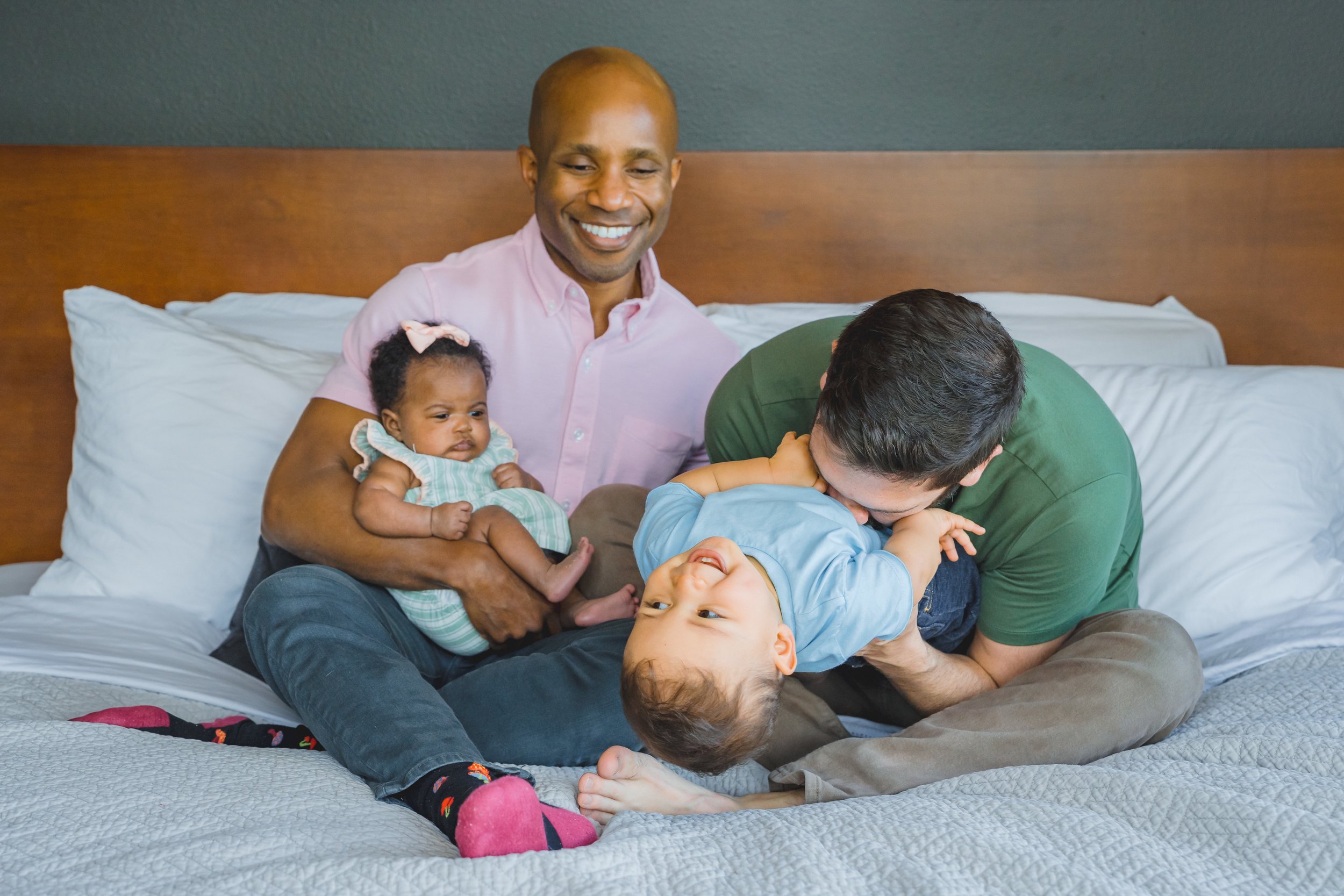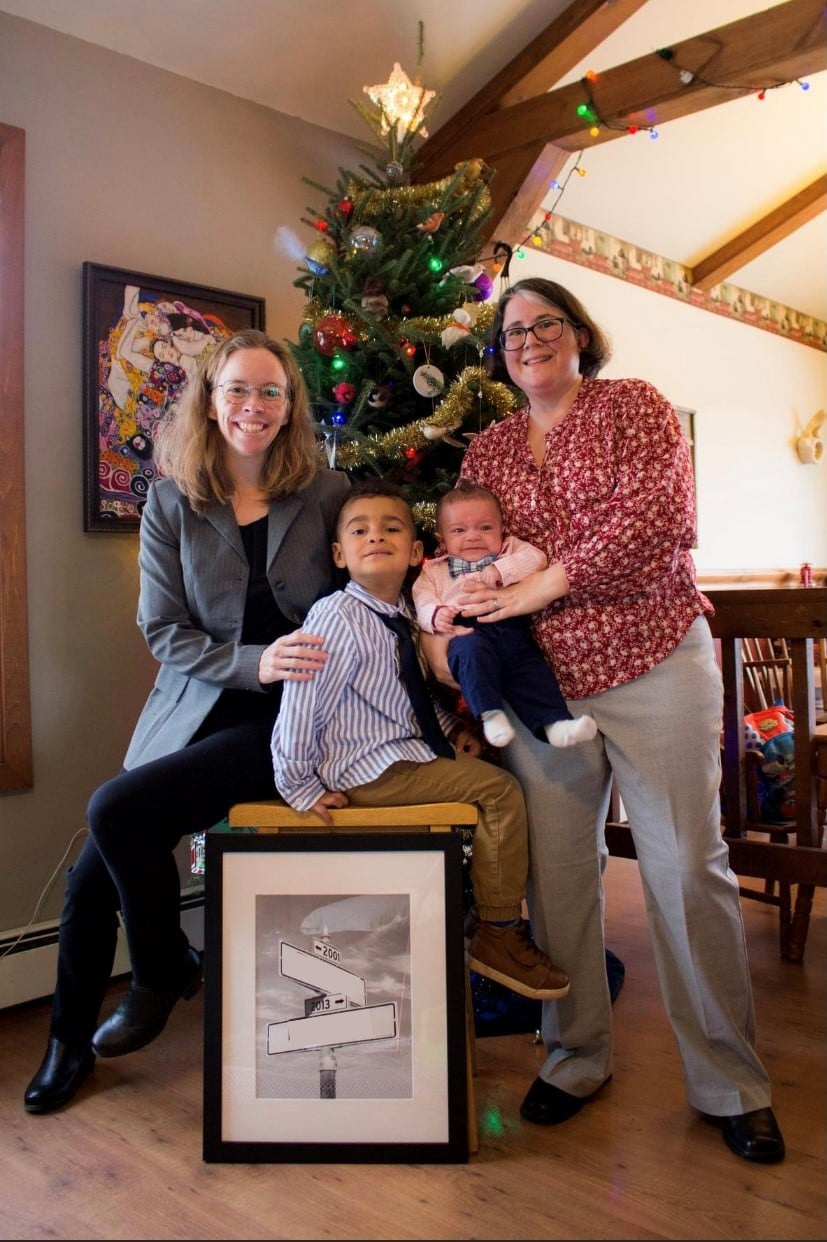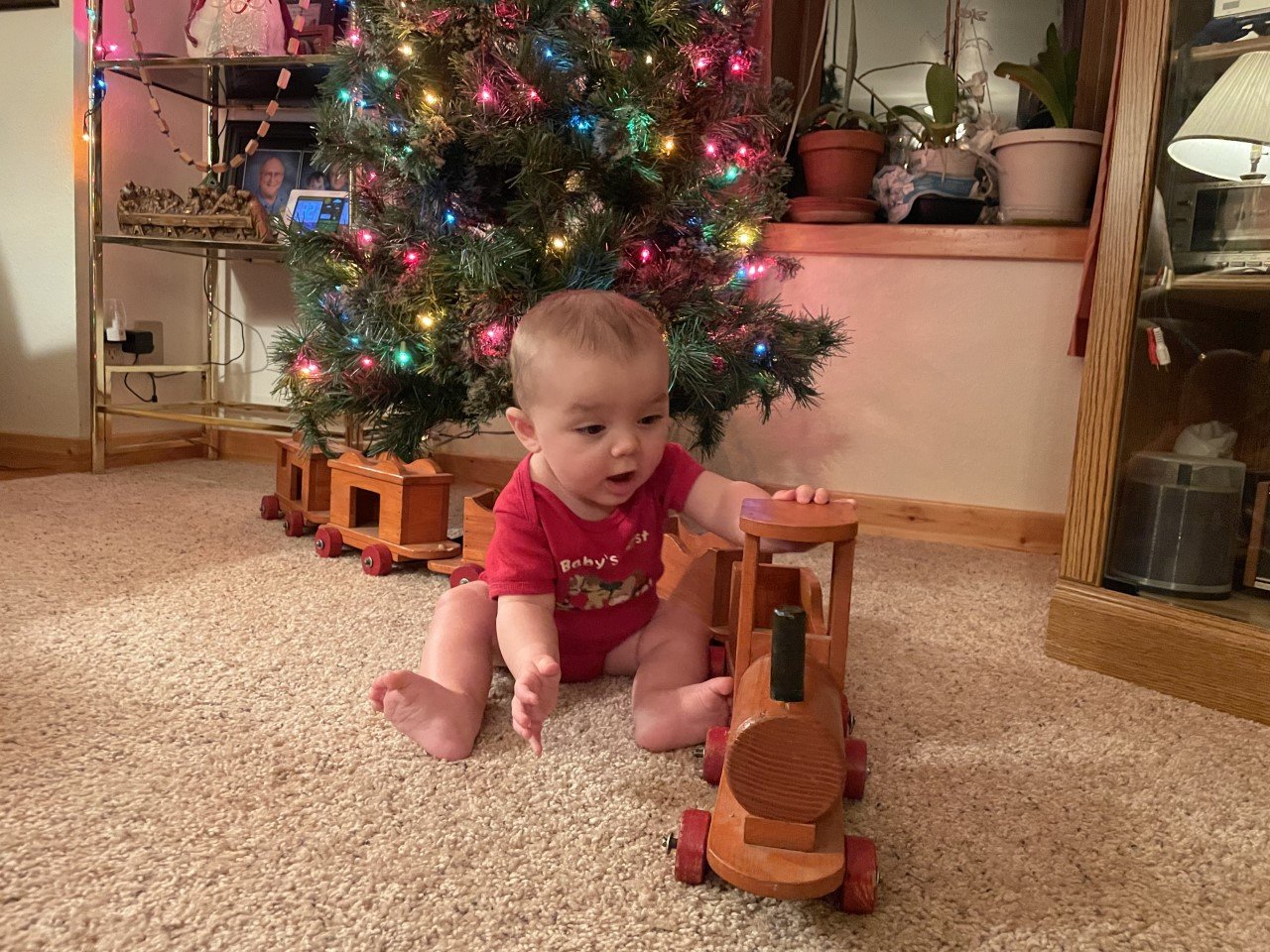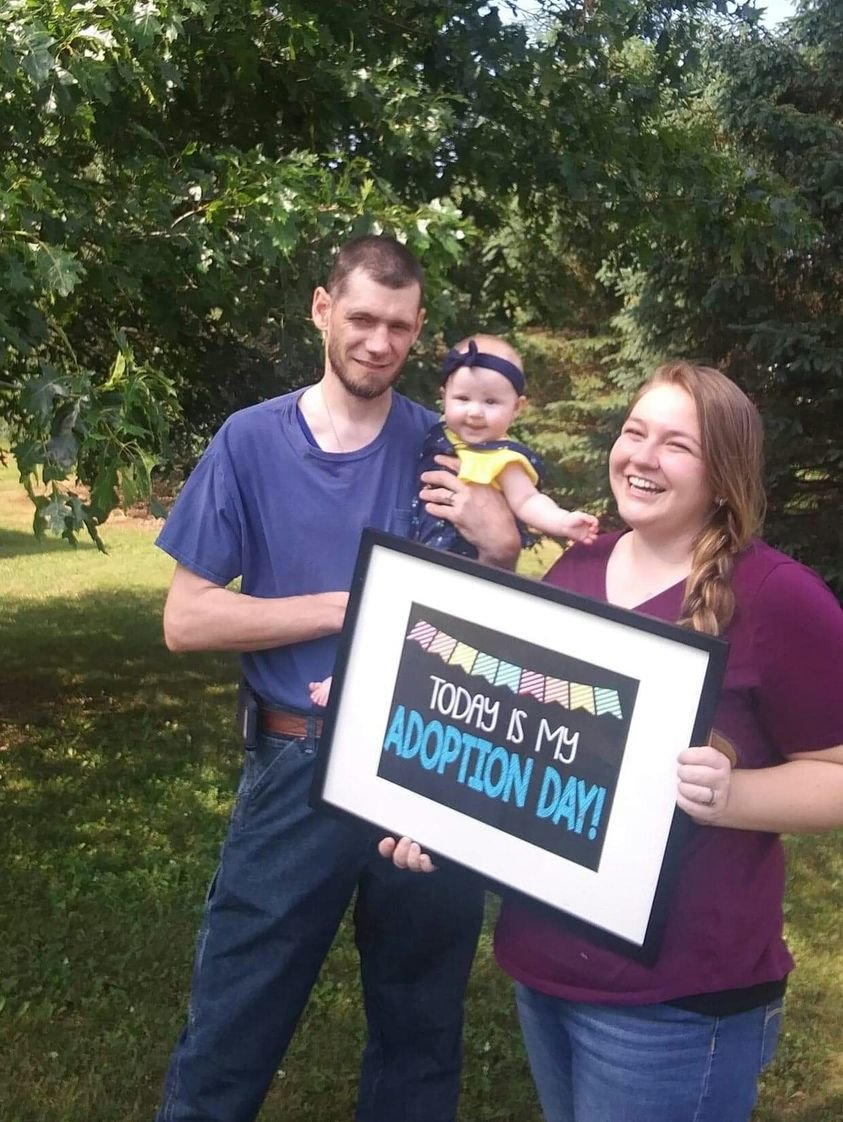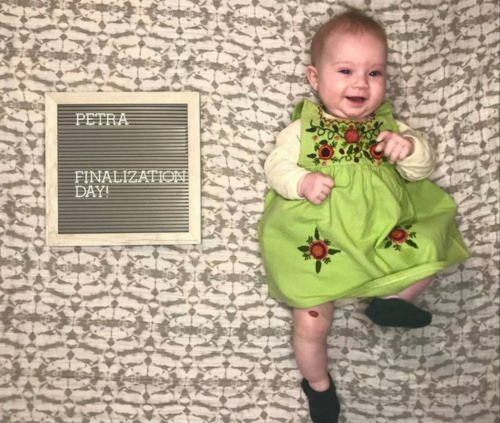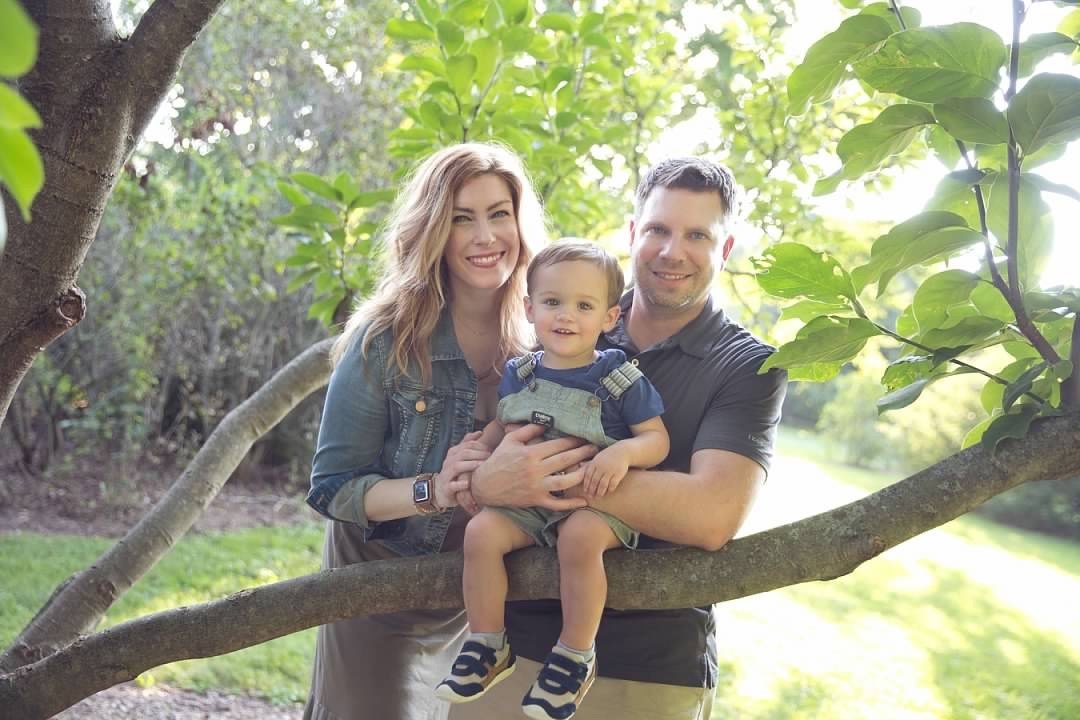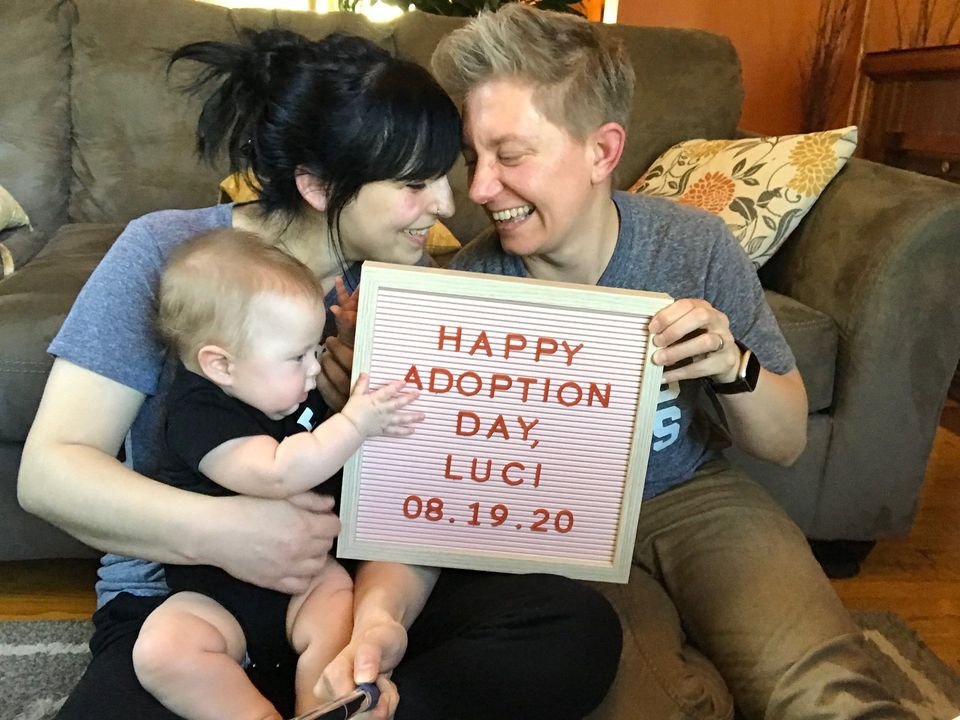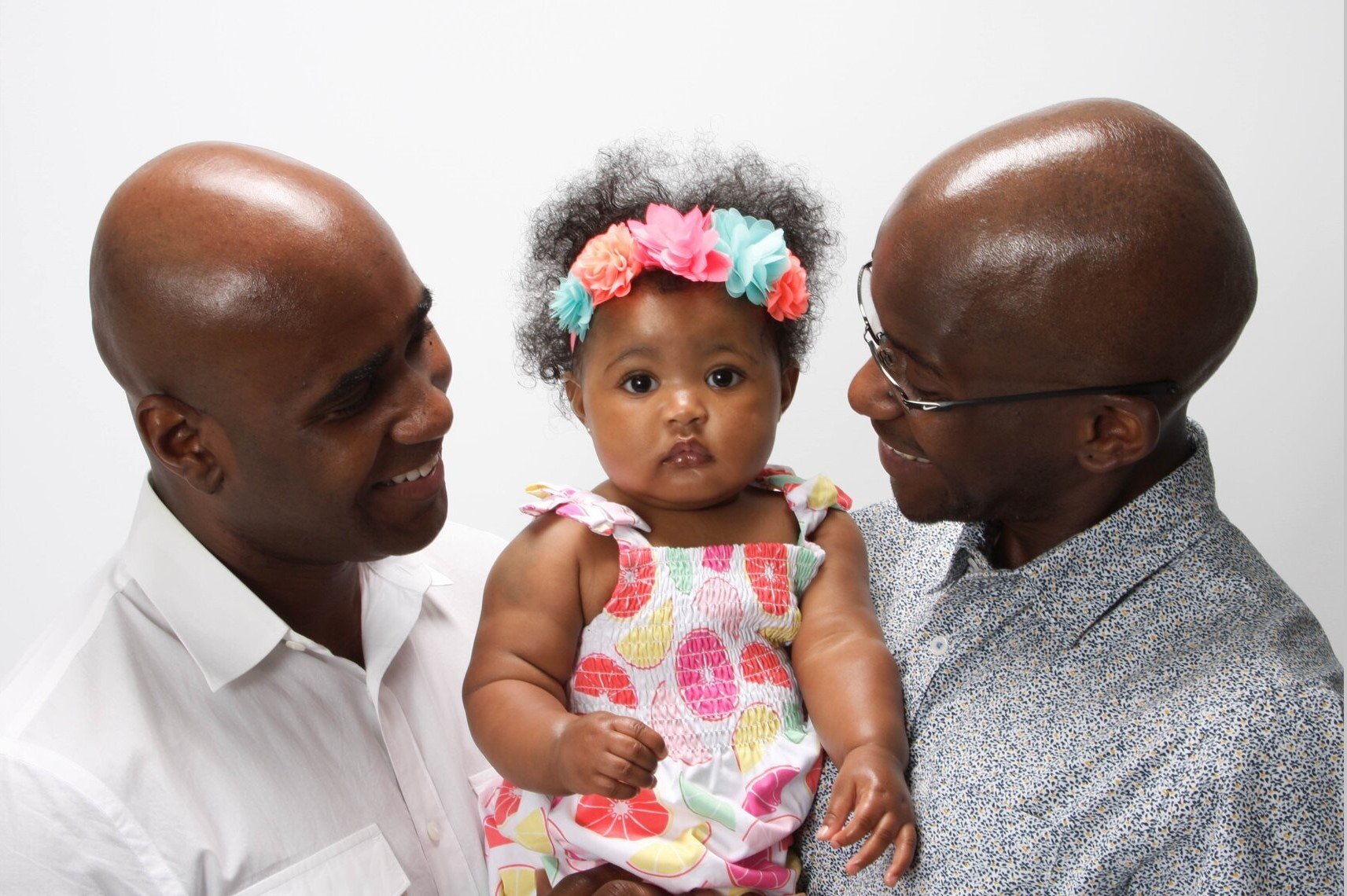Making an adoption plan is the ultimate parenting decision. You are not “giving up your baby” or giving up on anything, including yourself.
An unplanned pregnancy can be challenging and frightening. If you are considering placing your baby for adoption, we can help. We will answer your questions and give you information and resources to guide you through all of your parenting options. We will help you plan.
What You Can Expect
We have many loving families waiting to adopt. You can be as involved as you wish in choosing your adoptive family and home for your baby. You can see some of our waiting families here.
Most adoptions are open adoptions. You can stay in touch with adoptive parents and receive information about your baby if you would like.
You may need financial assistance and support. We can help arrange this during your pregnancy.
We will work with our adoption lawyers to take care of the legal issues of your adoption.
We will support you through the emotional aspects of your pregnancy. You won’t be alone.
Your social worker will be happy to meet with you at our Madison office or any other location convenient and comfortable for you. We travel all over Wisconsin helping expectant parents. You are welcome to have others at the meeting to support you, or it can be completely private.
Our adoption services are free for expectant parents, even if you are not sure what choice you want to make.
All communication with us is confidential; we understand and respect your desire for and right to privacy. Most importantly: We will listen to you.
Questions? Check out our Frequently Asked Questions section or request more information below.
Pregnant? Call or Text
If you are pregnant and need to talk to someone, call or text us. We can help.
608.821.8221
Email us: aowinfo@adoptionsofwisconsin.com
Message us on Facebook: Adoptions of Wisconsin, Inc. (We cannot guarantee the confidentiality of Facebook messages.)
Request More Information
A Full-Service, Licensed Adoption Agency in Madison, Wisconsin
Adoptions of Wisconsin, Inc., (AOW) is a full-service, licensed adoption agency, providing adoption services throughout Wisconsin. Whether you are looking to adopt a child, or are an expectant or birth parent looking at adoption as an option for your baby, we are here to help you.
We serve both birth and adoptive parents and provide services for agency, interstate, independent, step-parent, relative, and LGBTQ+ adoptions.
Our experienced staff travels throughout the state to support, talk and listen to birth parents and adoptive families. We are accessible, easy to talk to, and here for you when you need us.
We are not affiliated with any religion and do not discriminate based on age, gender, sexual orientation, marital status, or fertility status.
“I felt like the entire agency was there for me. As much as it is their job to pair birth mothers with adoptive parents, I felt like it was all about me. It was very clear to me from the beginning that everything was my choice.”
- Althea, AOW Birth Mother (2022)
“I just want to say how grateful I am for Adoptions of Wisconsin. Not only for how they helped me while I was placing my son for adoption but for how they treated me as a birth mother. I loved working with AOW, I loved the process, and I feel blessed because they made my experience so much easier.”
- Karynna, AOW Birth Mother (2022)
Frequently Asked Questions
-
Prior to giving birth your social worker will help you create a hospital plan. This plan will inform the hospital staff of your decisions regarding:
How much, if any, time you would like to spend with your baby.
Whether or not you want the adoptive parents at the hospital.
Who you would like at the hospital with you.
What name will be on the baby’s original birth certificate.
The baby will be released from the hospital when the hospital staff determines the baby is medically ready. Since you are the only person with rights to your baby, you are the only person who can give the prospective adoptive family permission to take the baby home; this is called a direct placement.
If you need more time to consider whether adoption is the right choice for you, or if are there uncertainties regarding the birth father, you may choose to place the baby in transitional care. This placement is in a private licensed home. You may visit your child here as often as you wish, and, with your permission, adoptive parents may also visit. Transitional care services are paid for by the adoptive parents.
-
The baby’s father has legal rights, and he cannot be left out of the adoption decision. A child can only be eligible for adoption if both parents have their parental rights terminated (called a TPR).
We understand that the circumstances surrounding a pregnancy can be sensitive and contacting the father may be very uncomfortable for a birth mother. We can help you with this.
The rights of a birth father can be terminated either voluntarily or involuntarily, depending on the circumstances. If you want adoption and the other birth parent does not, adoption may still be possible. Your social worker will explain all of your options.
-
The alleged father can voluntarily consent in writing to terminate his parental rights and allow the adoption plan to proceed. If the alleged father is unsure of his paternity, but is willing to allow the child to be adopted, he can sign a consent stating that he does not admit paternity, but acknowledges the possibility and consents to the termination of his parental rights and the placement of the child through adoption. Paternity testing may be done if you are making an adoption plan but is not required. An unmarried father is generally not required to be present at the actual TPR hearing. However, if he is under 18, there will be a Guardian ad Litem (GAL) present to represent his best interests.
-
If the father of the child is unknown or unable to be contacted directly, the state requires diligent efforts to locate him so that he can be notified of the hearing. We can help with this. If he cannot be found, notice is given by publishing a legal notice after the baby is born in a newspaper in which the birth father is most likely to see it. This notice is to advise the father of the upcoming hearing but does not identify you or your child. If no father comes forward, the judge may terminate his parental rights.
-
After your baby is born, an Adoptions of Wisconsin attorney or your attorney will petition the court for a hearing. A hearing will usually be scheduled for no later than 30 days after the petition is received by the court. Before the court hearing, you continue to hold all of your legal rights to your child, including your right to parent.
This time period is very important; it allows you time to review all options and make sure that an adoption plan continues to be the right choice. During this time, you may see the baby anytime and you can decide where the child will stay. Your social worker will help you sort through all these decisions.
At your court hearing, which is not open to the public, you will be asked questions about your desire to consent to the termination of your parental rights (TPR) to your child in order to place him or her for adoption. The hearing is very important and legally necessary for adoption to occur. Once the court has accepted your voluntary consent, and your parental rights have been terminated, you no longer have legal rights to your child and the child is adopted by the family of your choice.
-
First, all of the services you receive from AOW are free to expectant parents. Many of your other expenses can be paid for. If you don’t have health insurance, we will help you apply for any medical insurance or public benefits that may cover your medical costs during your pregnancy. Or, the adoptive family may cover your hospital and medical expenses, as well as your transportation expense.
Wisconsin law also allows the adoptive parents to pay for some living expenses. Your social worker will help you with this.
